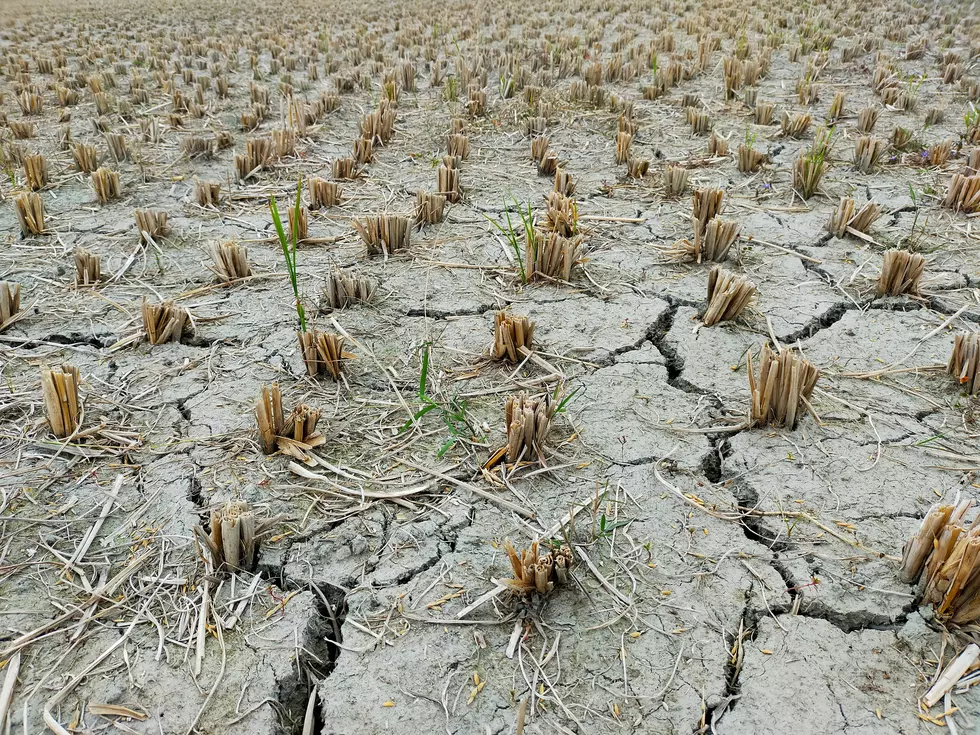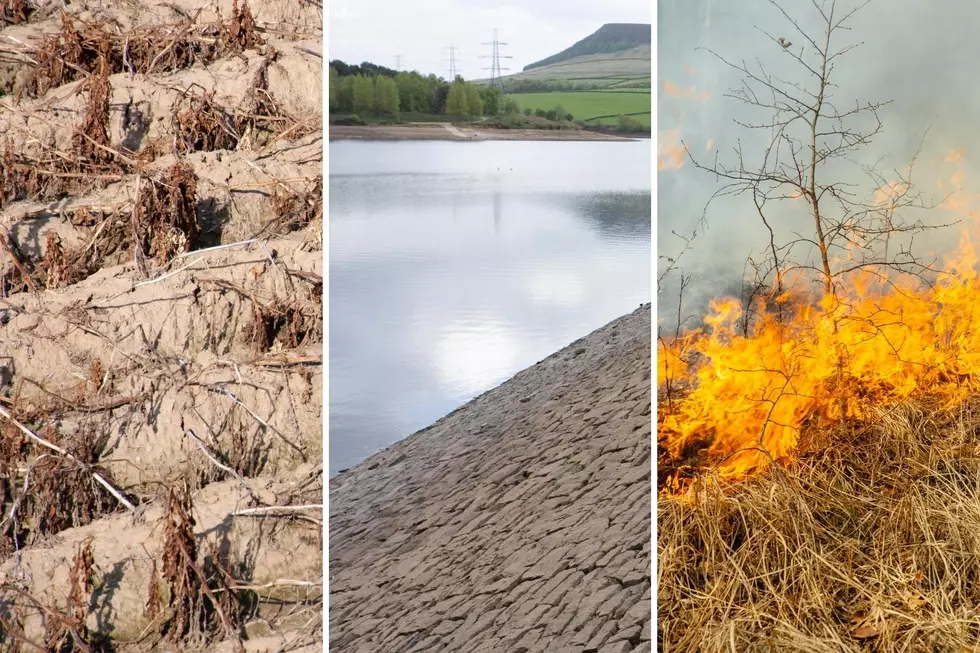
Drought Warning Issued For Ocean and Monmouth Counties
Due to deteriorating water-supplies and a lack of rain, the New Jersey Department of Environmental Protection has announced a drought warning for Monmouth and Ocean counties.
The warning also includes Bergen, Essex, Hudson, Hunterdon, Mercer, Middlesex, Morris, Passaic, Somerset, Sussex, Union, and Warren counties. The only counties not under a warning or watch are Atlantic, Cape May and Cumberland, which have received near or above-normal rainfall over the past several months.
DEP Commissioner Bob Martin said
This designation enables the DEP to more closely manage reservoir systems by directing water transfers among systems, controlling releases from reservoirs, and modifying the rate of flow in streams and rivers in order to balance ecological protection and needs of water suppliers.
The situation in our reservoir systems that serve some of the most densely populated regions of New Jersey is becoming more critical, with some systems dropping to half their capacity or less. Without knowing how much precipitation we are going to get over the fall and winter to replenish our water sources, it is vital that every resident and business step up efforts to voluntarily reduce water use in the hopes of averting a water emergency and mandatory restrictions."
The DEP offers the following tips to reduce water use:
- At this time of year, it is appropriate to let your lawns go dormant.
- Turn sprinkler systems off automatic timers.
- Use a hose with a hand-held nozzle to water flowers and shrubs, or let them go dormant.
- Use a broom to sweep the sidewalk, rather than a hose.
- Wash vehicles with a bucket and do not run the hose more than necessary, or use a commercial car wash that recycles water.
- To save water at home, fix leaky faucets and pipes. Consider replacing your toilet with a low-flow version; this can save around 11,000 gallons per year.
- Upgrade your showerhead to low-flow versions, which can save some 7,700 gallons per year.
- Upgrade your faucets or install faucet aerators; this can save some 16,000 gallons per year.
More From 105.7 The Hawk









